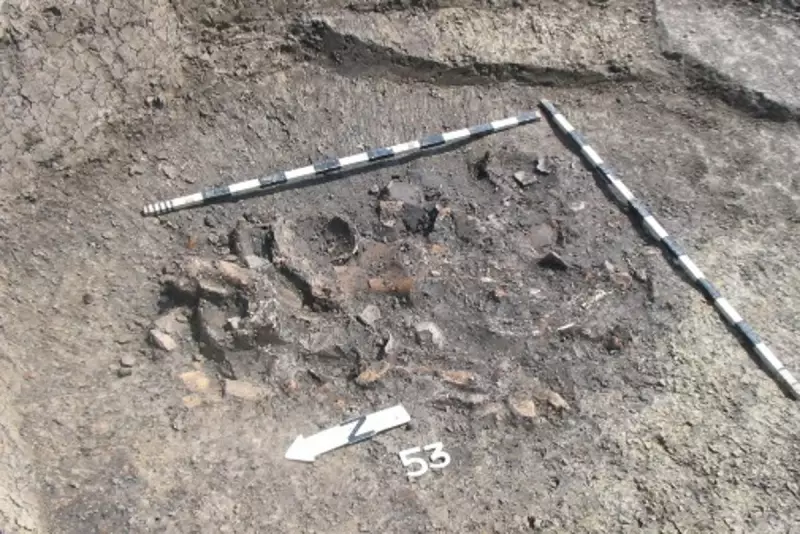
What our ancestors threw away thousands of years ago is now providing remarkable insights into their daily lives and attitudes towards waste. A groundbreaking archaeological project led by the University of York is examining Neolithic rubbish to understand how early farming communities managed their growing piles of discarded items.
Rubbish as Responsibility: A Neolithic Perspective
Researchers have discovered that Neolithic communities tended to keep their waste close to their homes, suggesting a sense of ownership and responsibility towards their rubbish. Professor Penny Bickle from the University of York's department of archaeology explains this fascinating behaviour. "Keeping rubbish close to the home could suggest a sense of ownership - did they feel responsible for their waste and therefore chose to deal with it within the vicinity of their home?" she questions.
This approach contrasts sharply with modern Western practices where waste is typically placed in bins for others to manage. The Neolithic method indicates these ancient farmers might have viewed waste management as a personal responsibility rather than someone else's problem.
Evidence of Ancient Recycling and Emotional Connections
The research team found compelling evidence that Neolithic communities were likely keen recyclers who understood that discarded items could have future uses. Professor Bickle elaborates: "In the Western world putting items in a recycling bin and having others 'deal with it' is common, but not all cultures operate this way."
Furthermore, archaeologists discovered that keeping waste items near homes might indicate emotional attachments to certain possessions. Dr Vindrola-Padros from Christian Albrecht University of Kiel in Germany suggests: "These possessions often carry meaning beyond their practical use, as demonstrated by their inclusion in burial rituals."
Modern Implications of Ancient Waste Practices
The research team believes that understanding how Neolithic societies handled waste could inspire new approaches to modern waste management. Dr Vindrola-Padros notes: "Today we push waste away from the home for mostly hygiene purposes, but not all waste is unsanitary. Understanding how societies in the past dealt with waste could provide us with some new ways of thinking about our attitudes towards it today."
The project will now expand to survey four archaeological sites across Europe, from the Balkans to the Baltic coast. Using advanced scientific techniques and digital tools, researchers plan to piece together the "life stories" of discarded objects that might have been used and reused multiple times before final disposal.
Professor Henny Piezonka from Freie Universität Berlin's Institute of Prehistoric Archaeology wants to determine whether early farmers viewed waste as the significant problem we do today. "We want to understand what were the challenges of having waste on the doorstep as well as the opportunities for repairing, reshaping, repurposing and reusing it," she states.
The team's findings could potentially reshape modern perspectives on waste management, suggesting that solutions to contemporary environmental challenges might lie in understanding ancient practices.





